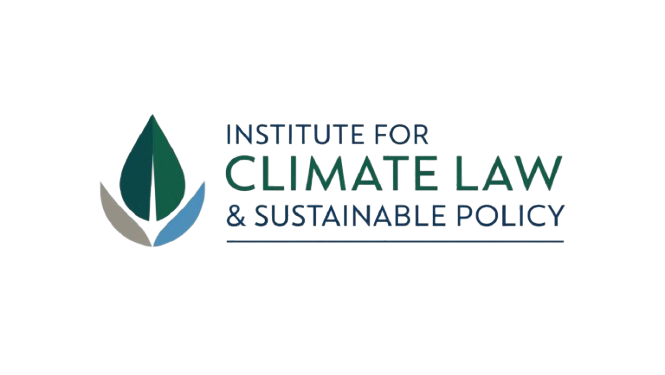Climate change has a very significant impact on human rights. These impacts cover various aspects of human life, from health and living to livelihoods and culture. Climate change could lead to more frequent and intensive droughts, floods, and wildfires. This can interfere with access to clean water and food, as well as increase the risk of diseases such as malaria and dengue fever. Indigenous peoples, whose livelihoods depend on nature, will bear the brunt of climate change uniquely. For example, northern Aboriginal tribes will face serious health risks and loss of food sources due to climate change.
Climate change can also affect livelihoods and culture. Migration and transmigration due to climate change can lead to the loss of traditions and cultures. In addition, climate change can also increase conflicts due to limited resources and unstable environmental changes. States have an obligation to protect human rights from the impacts of climate change. These obligations include: In recent years, climate change litigation has emerged using human rights as the basis for lawsuits. For example, the Urgenda case in the Netherlands, where the court demanded that the government reduce greenhouse gas emissions faster to protect human rights.
The impact of climate change is not only limited to the physical environment but also to the social and economic structures that support people’s well-being. Children, who are the most vulnerable group, will suffer greater consequences from the climate crisis. They will grow in warmer environments, with more limited resources, and with the threat of more frequent natural disasters. To protect children’s rights and address the challenges of climate change, proactive and integrated measures are needed. These include increased access to environmental education, the promotion of green lifestyles among children, and the integration of climate issues in school curricula. Additionally, it is important to raise public awareness of the importance of protecting the environment and taking individual actions that contribute to greater change.
Governments have an important role to play in ensuring that existing policies and programs aim to protect children’s rights in the context of climate change. This includes investments in climate-resilient infrastructure, such as better clean water systems, and healthcare facilities that can withstand changing weather conditions. In addition, international cooperation is also needed to ensure that mitigation and adaptation efforts to climate change are carried out fairly and effectively. Countries must work together to share responsibilities and resources in order to address the disproportionate impact of climate change on underprivileged countries.
In an effort to protect human rights in the midst of the climate crisis, strong commitment is needed from all parties, including governments, the private sector, non-governmental organizations, and civil society. With effective cooperation and earnest commitment, we can build a more sustainable and equitable world for current and future generations.


